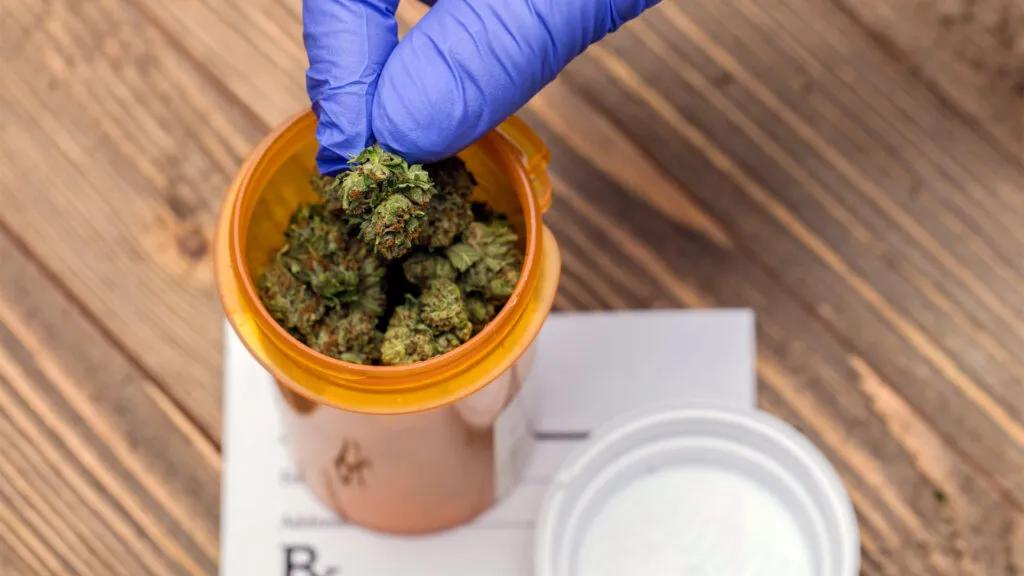The global medical cannabis market is expected to experience rapid growth, with projections showing an increase from $13.12 billion in 2023 to $91.065 billion by 2032.

This reflects a compound annual growth rate (CAGR) of 24.02% over the forecast period, according to a new report by Introspective Market Research.
This growth is attributed to the increasing acceptance of cannabis-based treatments for a variety of medical conditions, including chronic pain, epilepsy, and cancer-related symptoms. As public perceptions shift and healthcare professionals become more open to its therapeutic potential, the market continues to expand, notes the report. Innovations in product development, such as oils, tinctures, edibles, and topicals, are improving accessibility and offering patients diverse options tailored to their needs.
North America remains the dominant region in the medical cannabis market. Despite cannabis being classified as a Schedule I drug under federal law in the United States, individual states have established robust medical cannabis programs. Florida leads the nation in registered patients, with more than 831,000 reported in 2023. Canada, which legalized medical cannabis in 2001 and recreational use in 2018, has also played a significant role in market growth. Health Canada oversees production and distribution, ensuring safety and quality standards are met.
The market is further segmented by species and end-user applications. Cannabis Indica, known for its calming effects and ability to manage pain, is widely used in treating conditions such as arthritis, fibromyalgia, and multiple sclerosis. Indica strains are also popular for alleviating sleep disorders and anxiety, making them a staple in medical applications. Pharmaceutical companies are driving innovation through clinical trials and research, focusing on the development of safe and effective cannabis-based medicines to meet stringent regulatory requirements.
Economic opportunities in the medical cannabis sector are growing alongside changing perceptions. Significant investments from venture capital and private equity firms have spurred advancements in cultivation, distribution, and product development. The industry is creating jobs across various stages of the supply chain, from farming and processing to retail and research. While regulatory hurdles remain, particularly in the U.S., the market’s potential continues to attract stakeholders from diverse sectors, including pharmaceuticals and technology.
Public advocacy and educational efforts have helped reduce the stigma surrounding cannabis, contributing to its broader acceptance as a legitimate medical treatment. This shift is supported by emerging evidence of its effectiveness in managing symptoms of chronic pain, neurological disorders, and mental health conditions. However, challenges persist, including inconsistent regulations and limited access to clinical data, which hinder more widespread adoption.
The medical cannabis market’s growth reflects a combination of factors, including increased patient demand, evolving public opinion, and the expansion of legalization efforts. With its trajectory firmly upward, the industry is poised to become a cornerstone of modern healthcare solutions.







